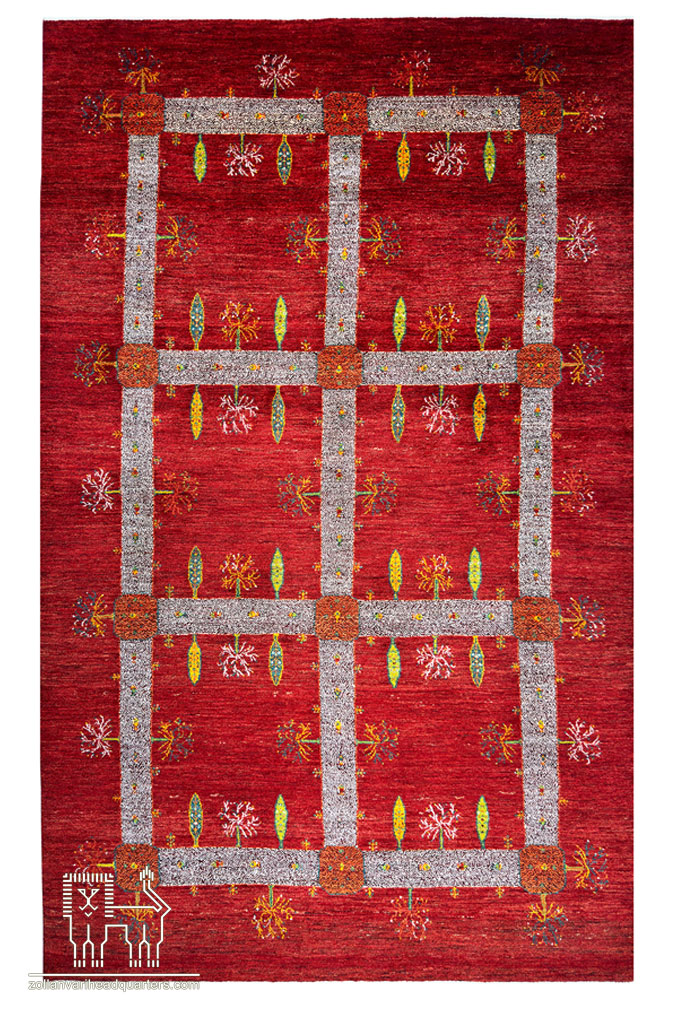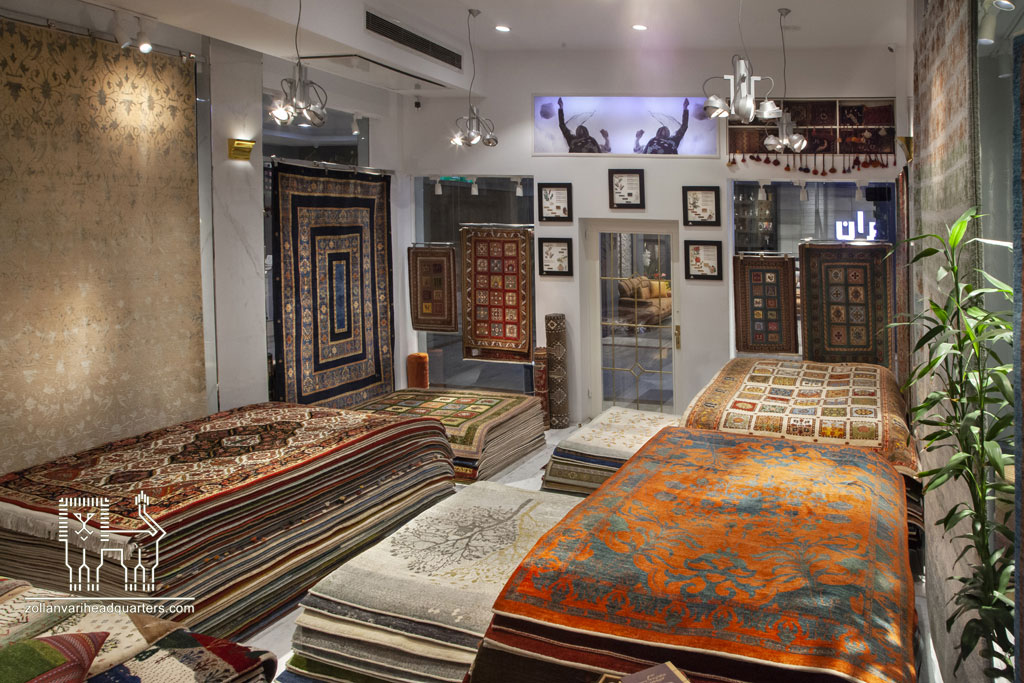Everything About the Iranian Handmade Carpet Market in Taipei
Imagine stepping into a space in one of the most modern cities of East Asia, where neon lights and skyscrapers reign, only to find yourself immersed in an atmosphere where the scent of washed wool, plant-based dyes, and mythical patterns of Iran take you on a historical journey. The Iranian handmade carpet market in Taipei offers just such an experience. It’s a magic that not only decorates the floor but also warms the hearts.
In recent years, Taipei, the capital of Taiwan, has become an emerging destination for Iranian handmade carpets. This trend has not only opened a new market for Iranian exporters but has also created a cultural bridge between the two civilizations. Let’s explore the Iranian handmade carpet market in Taipei.
Popularity of Iranian Carpets in Taipei: Seeking Authenticity in Industry
With the growing global interest in handmade and cultural products, the people of Taipei have also joined this wave. They are seeking items that are not only beautiful but also carry a story, history, and soul.
Iranian handmade carpets are exactly what this market is looking for. Unique designs inspired by myths, gardens, and nature of Iran; natural colors derived from madder, indigo, and walnut skins; and the quality that comes from hours of effort by Iranian artists—these elements have made Iranian carpets popular among the middle and affluent classes in Taiwan. Some collectors and interior designers in Taipei even frame Iranian carpets as works of art and hang them on the wall. This interest shows that Taiwanese consumers are not just seeking decorative items but are after a deeper meaning in art.
The Role of Exhibitions and Cultural Events: A Bridge Between Cultures
One of the key factors in the success of Iranian carpets in Taipei has been their active participation in international exhibitions and cultural events. These events are not just places for sales; they are unique opportunities for “storytelling.”
In these spaces, when a visitor sees firsthand the process of carpet weaving or traditional dyeing methods, they are not only introduced to a product but also to a culture. This emotional and cultural connection elevates the sale of carpets from a mere economic transaction to a cultural interaction. Some exhibitions in Taipei have even hosted live weaving workshops or presentations on natural dyes, which have attracted significant attention. The continuous presence of Iranian carpets at these events can leave a lasting impression of Iranian art on the Taiwanese audience.
Challenges and Opportunities in the Iranian Handmade Carpet Market in Taipei
While this market presents golden opportunities, there are also challenges for Iranian carpet exporters. First, competing with cheap machine-made carpets from countries like China or India can make some consumers hesitant about the price of handmade carpets.
Additionally, the lack of strong digital marketing infrastructure to promote authentic Iranian brands in this market means Iranian carpets are not seen as widely as they deserve. However, alongside these challenges, there are hidden opportunities. Focusing on “storytelling” about each carpet, emphasizing authenticity, using special packaging, and educating buyers can create a significant competitive advantage. The Taiwanese are deeply loyal to cultural and artistic values, and this is exactly where Iranian carpets shine.

Zollanvari Handmade Carpets: Inheritor of a Legacy, Leader in the World
Among the players in the carpet industry, the name Zollanvari is recognized as a symbol of authenticity and quality. A company with more than three generations of experience in the art of carpet weaving, Zollanvari not only adheres to traditions but also innovatively steps into international markets.
Zollanvari, using high-quality Iranian wool, plant-based dyes, and designs inspired by authentic Iranian culture, has managed to carve out a special place in global markets, including Taipei. The company is not just a producer but a storyteller of carpets—a story woven into every knot and spoken by every buyer.
Conclusion
The success of Iranian handmade carpets in the Taipei market is not only a reflection of the high export potential of this artistic product but also a testament to the power of “culture” in building connections between nations. With a better understanding of East Asian audiences, effective participation in cultural events, and leveraging authentic brands like Zollanvari, a bright future for Iranian carpets in this region is being shaped.


Write a Comment